Geography Definition Of Natural Selection
Natural selection process in which an organism adapts to its environment through selectively reproducing changes in its genotype. A natural process that results in the survival and reproductive success of individuals or groups best adjusted to their environment and that leads to the perpetuation of genetic qualities best suited to that particular environment Examples of natural selection in a Sentence.
 5e Natural Selection Module This Resource Uses A Variety Of Techniques To Address The Factors That C Natural Selection Science Units Life Science
5e Natural Selection Module This Resource Uses A Variety Of Techniques To Address The Factors That C Natural Selection Science Units Life Science
The five steps of the process of natural selection are variation inheritance selection time and adaptation.

Geography definition of natural selection. In doing so they pass on these traits to the next generation. Organisms which are better adapted to the environment in which they live produce more viable young so increasing their proportion in the population. Natural Selection Definition Evolution is the cumulative change in the characteristics of an organism or a population over the next generations.
Variation can be extremely subtle such as a slight difference in camouflage patterns or minor. It can be either positive or negative. This variation means that some individuals have traits better suited to the environment than others.
Each step is indispensable to the process and each has been observed either in nature the laboratory or both. Natural selection A process in which individuals that have certain inherited traits tend to survive and reproduce at higher rates than other individuals because of those traits. Individuals in a population are naturally variable meaning that they are all different in some ways.
Natural selection is a process by which a species changes over time in response to changes in the environment or competition between organisms in order for the species to survive. So no organism is perfectly adapted to its environment. It is sometimes summarized as descent with modification.
Natural selection the mechanism proposed by Charles DARWIN by which gradual evolutionary changes take place. Thus natural selection is constantly influencing the evolution of species. As a result of natural selection the proportion of organisms in a species with characteristics that are adaptive to a given environment increases with each generation.
Natural selection is a pressure that causes groups of organisms to change over time. Animals inherit their genetics from their parents or ancestors and the environment is constantly changing. It reduces the disorganizing effects of migration mutation and genetic drift by multiplying the incidence of helpful mutations since harmful mutation carriers leave few.
The idea of natural selection is that traits that can be passed down allow organisms to adapt to the environment better than other organisms of the same species. Natural selection is the process through which populations of living organisms adapt and change. The first element of natural selection is in the natural variation among organisms.
Thus particular characteristics are selected and others are lost. This is because the frequency of genes for. Natural selection is one of the mechanisms that drives evolution.
Natural selection is the process where organisms with favorable traits are more likely to reproduce. This enables better survival and reproduction compared with other members of the species leading to evolution. Natural selection is the differential survival and reproduction of individuals due to differences in phenotype.
The process by which organisms that are better suited to their environment than others produce more offspring. The action of natural forces. Definition of natural selection.
If birth rates number of live births per 1000 people are higher than death rates then a. Natural population change is the difference between the number of live births and deaths during a given time period usually one year. Over time this process allows organisms to adapt to their environment.
It is a key mechanism of evolution the change in the heritable traits characteristic of a population over generations. Natural selection - a natural process resulting in the evolution of organisms best adapted to the environment survival of the fittest survival selection natural action natural process action activity - a process existing in or produced by nature rather than by the intent of human beings.
 Adaptations And Natural Selection Task Cards Distance Learning Compatible Task Cards Adaptations Natural Selection
Adaptations And Natural Selection Task Cards Distance Learning Compatible Task Cards Adaptations Natural Selection
 3 Types Of Natural Selection Teaching Biology Science Lessons Teaching Science
3 Types Of Natural Selection Teaching Biology Science Lessons Teaching Science
 Evolution Cheat Sheet Life Science Middle School Biology Notes Physics Lessons
Evolution Cheat Sheet Life Science Middle School Biology Notes Physics Lessons
 Charles Darwin Biology For Majors I
Charles Darwin Biology For Majors I
 Selective And Environmental Pressures Biology For Majors I
Selective And Environmental Pressures Biology For Majors I
 Darwin And Lamarck Powerpoint Djm Teaching Resources Evolution Activities Natural Selection Darwin S Theory Of Evolution
Darwin And Lamarck Powerpoint Djm Teaching Resources Evolution Activities Natural Selection Darwin S Theory Of Evolution
 Natural Selection New World Encyclopedia
Natural Selection New World Encyclopedia
How Is Natural Selection Related To Evolution Quora
 Natural Selection Storyboard By Mvponekama Citation
Natural Selection Storyboard By Mvponekama Citation
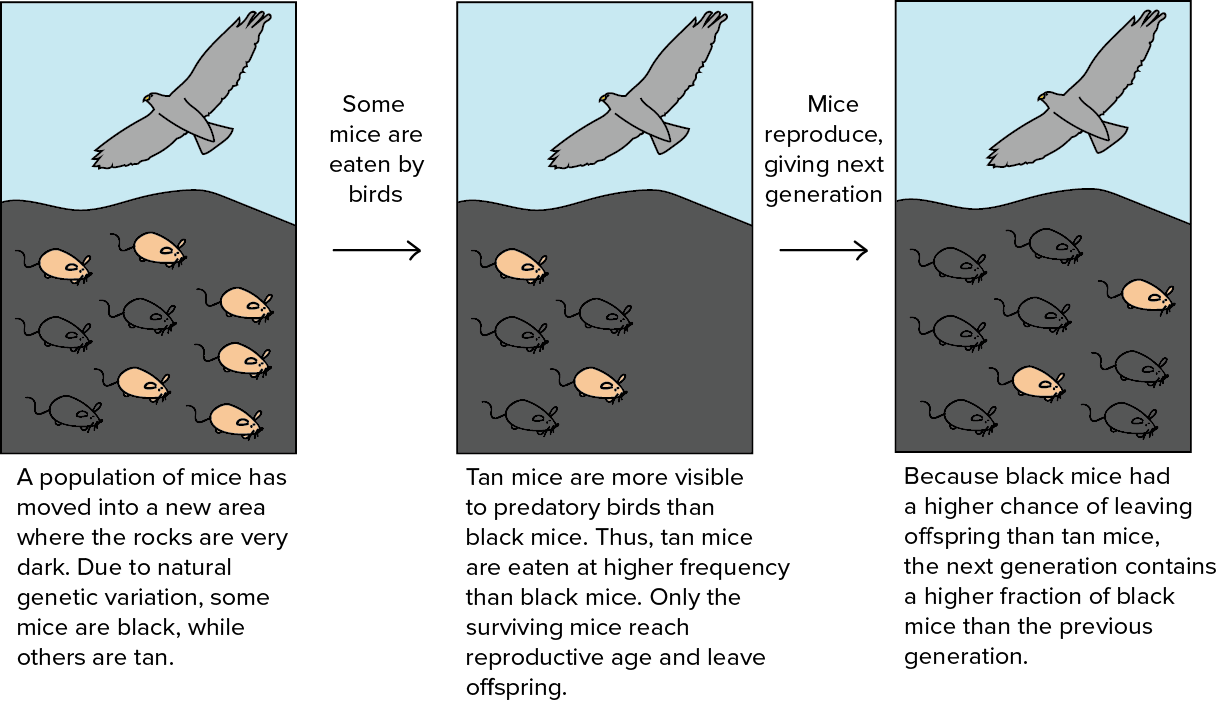 Evolution And The Tree Of Life Biology Library Science Khan Academy
Evolution And The Tree Of Life Biology Library Science Khan Academy
 Models Of Speciation Genetic Drift Evolutionary Biology Principles Of Ecology
Models Of Speciation Genetic Drift Evolutionary Biology Principles Of Ecology
 Evolution By Natural Selection Manoa Hawaii Edu Exploringourfluidearth
Evolution By Natural Selection Manoa Hawaii Edu Exploringourfluidearth
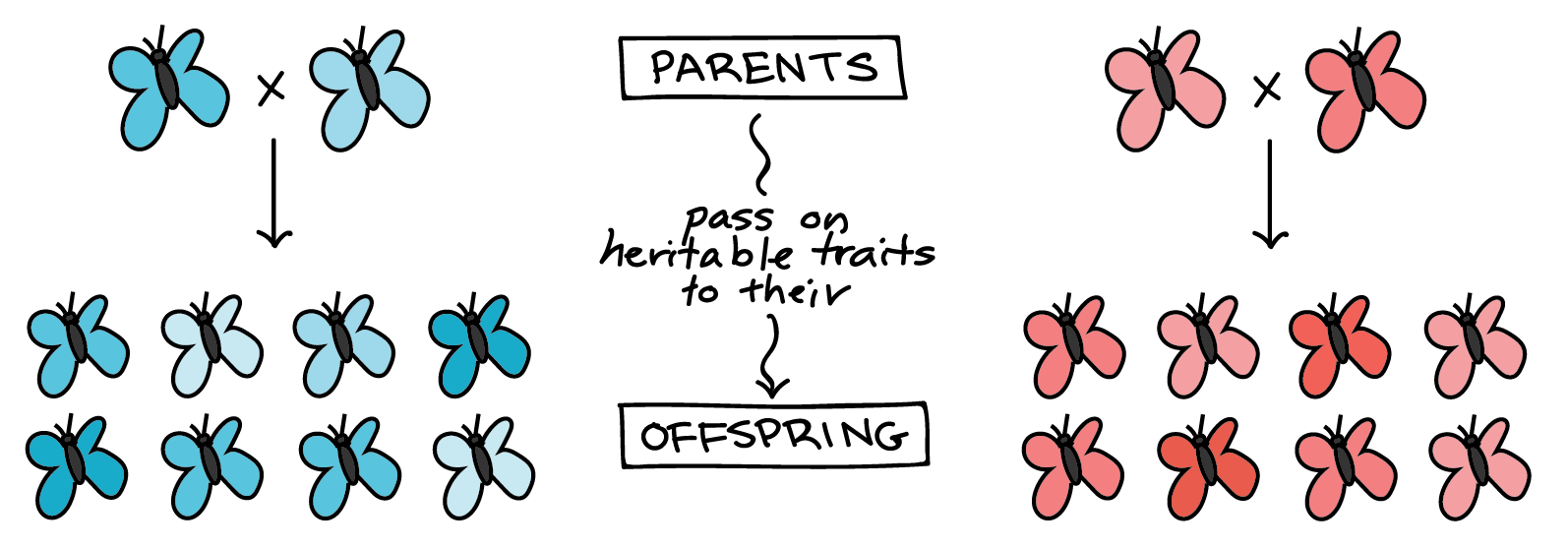 Evolution And The Tree Of Life Biology Library Science Khan Academy
Evolution And The Tree Of Life Biology Library Science Khan Academy
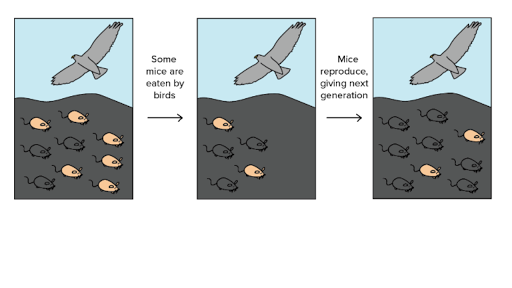
 Difference Between Natural Selection And Evolution Definition Features Examples Natural Selection Evolution Genetics Traits
Difference Between Natural Selection And Evolution Definition Features Examples Natural Selection Evolution Genetics Traits
 Richard Dawkins Explains Natural Selection Evolutionary Biologist Richard Dawkins The God Delusion
Richard Dawkins Explains Natural Selection Evolutionary Biologist Richard Dawkins The God Delusion
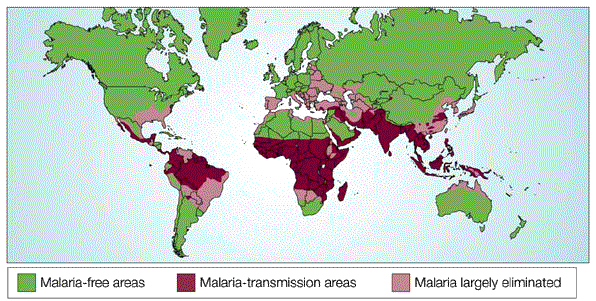 Natural Selection Uncovering Mechanisms Of Evolutionary Adaptation To Infectious Disease Learn Science At Scitable
Natural Selection Uncovering Mechanisms Of Evolutionary Adaptation To Infectious Disease Learn Science At Scitable
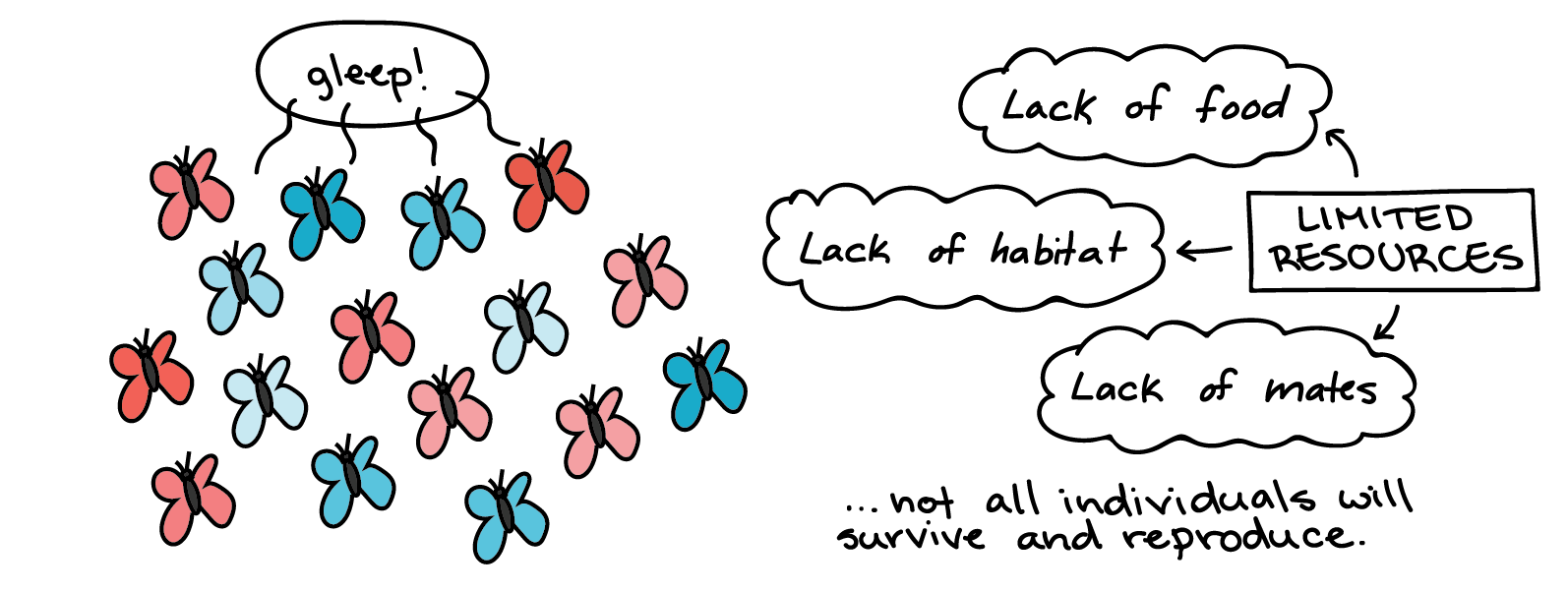 Evolution And The Tree Of Life Biology Library Science Khan Academy
Evolution And The Tree Of Life Biology Library Science Khan Academy

Post a Comment for "Geography Definition Of Natural Selection"